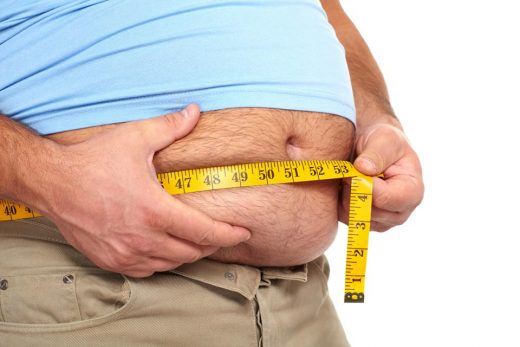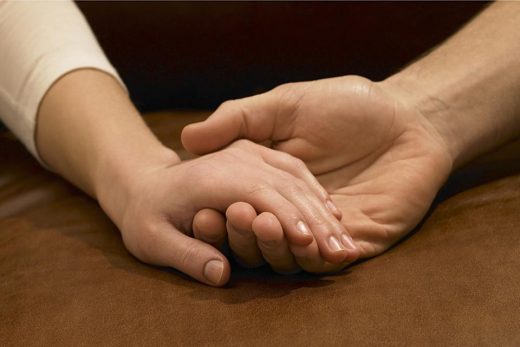3 Different Kinds of Eating Disorders
According to the National Eating Disorders Association, “eating disorders are serious emotional and physical problems that can have life-threatening consequences for both females and males.” The trouble with getting treatment for sufferers is that they go to a lot of trouble to hide or disguise their symptoms and frequently deny that they have any problem – because that is what they believe.
Here are 3 different types of eating disorders.
- Bulimia Nervosa – This is characterised by episodes of binge eating in between using various ways and means to control eating or losing weight. The latter may consist of deliberately vomiting, using laxatives, fasting or doing excessive exercise. This becomes a compulsive cycle that makes the person will feel out of control and this can lead to feelings of shame, self-disgust and guilt. They will also have low self-esteem. While a person with BN does not necessarily lose weight, their weight can vary as they gain some and then lose some, depending on what stage the cycle is at and how long it lasts for. While this sounds like BN is not serious, it can indeed cause many serious health problems from chronic sore throat and indigestion through to ulcers, osteoporosis, infertility and risk of heart failure.



